2022 Fantasy Football Mock Draft: Strategy and Cheatsheet for Opening Rounds
2022 Fantasy Football Mock Draft: Strategy and Cheatsheet for Opening Rounds
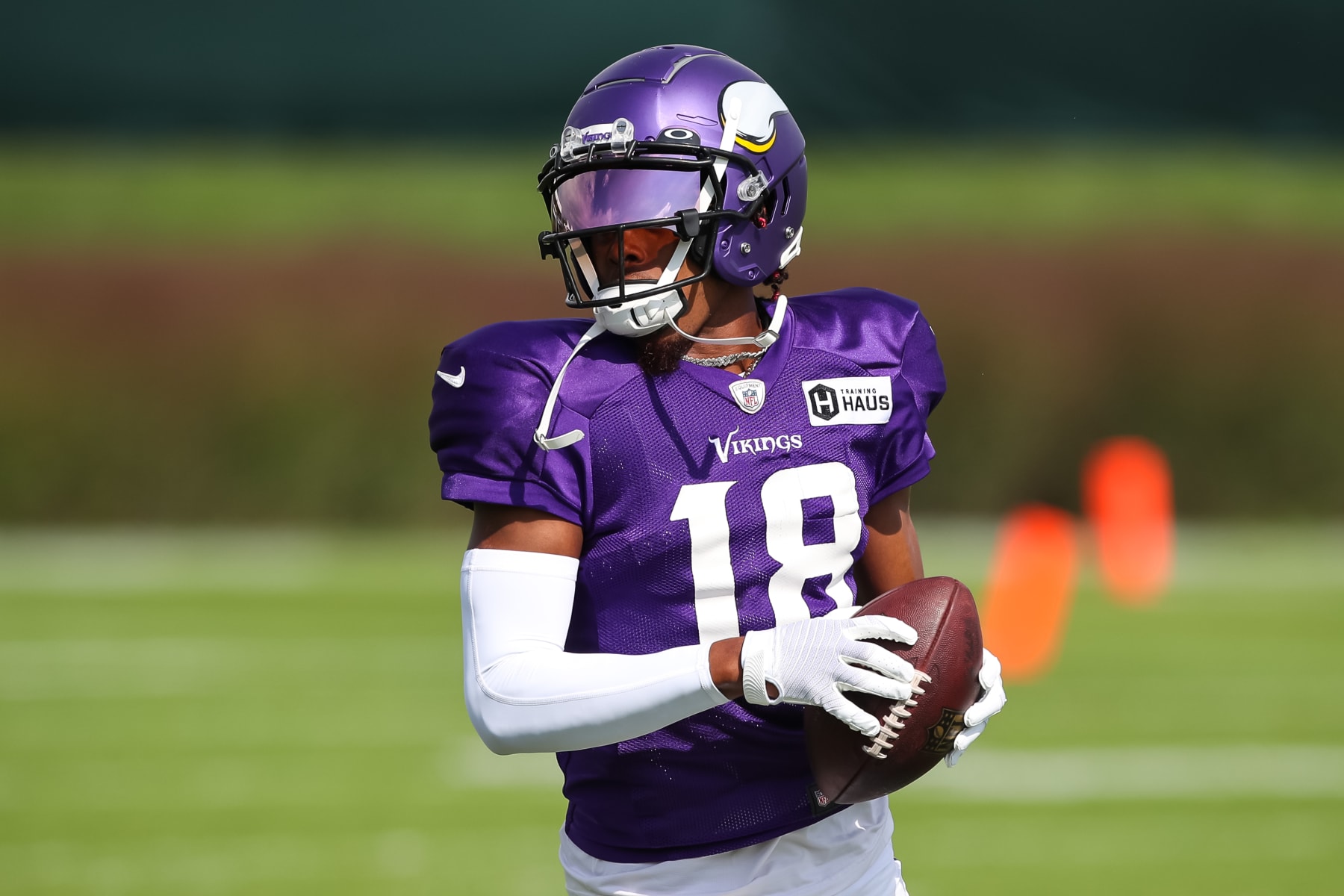
As we approach the final week of the 2022 NFL preseason, it's go time for fantasy football managers. The regular season kicks off on September 8, meaning the time to draft is now.
With the majority of the preseason complete, managers should have a good idea of which players are fantasy-relevant and who the starters are. Some situations are still unfolding—the Seattle Seahawks still haven't named a starting quarterback—but managers should know who their top fantasy targets will be.
Of course, a successful fantasy draft requires more than just knowing who to take at the top. It's good to have a strategy going in so that value can be maximized at all levels of the draft.
Here, we'll examine some basic draft strategies and tips for season-long snake drafts—drafts in which managers reverse draft order every other round. We'll also examine a three-round mock and cheat sheets for the top early-round positions.
Mock draft and rankings are based on point-per-reception (PPR) scoring.
Three-Round PPR Mock Draft
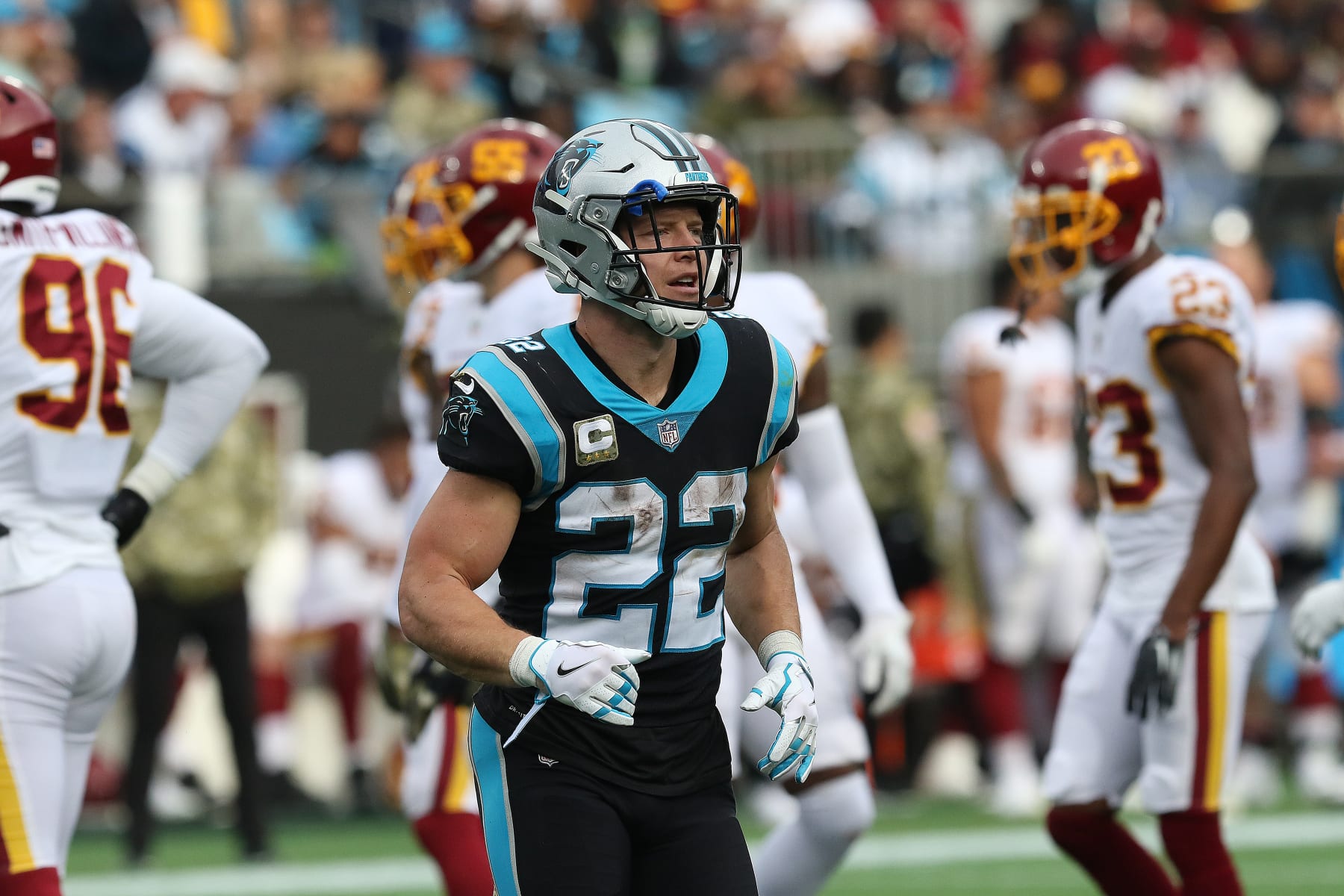
Round 1
1. Jonathan Taylor, RB, Indianapolis Colts
2. Christian McCaffrey, RB, Carolina Panthers
3. Austin Ekeler, RB, Los Angeles Chargers
4. Cooper Kupp, WR, Los Angeles Rams
5. Derrick Henry, RB, Tennessee Titans
6. Dalvin Cook, RB, Minnesota Vikings
7. Justin Jefferson, WR, Minnesota Vikings
8. Najee Harris, RB, Pittsburgh Steelers
9. Joe Mixon, RB, Cincinnati Bengals
10. D'Andre Swift, RB, Detroit Lions
11. Travis Kelce, TE, Kansas City Chiefs
12. Ja'Marr Chase, WR, Cincinnati Bengals
Round 2
1. Davante Adams, WR, Las Vegas Raiders
2. Leonard Fournette, RB, Tampa Bay Buccaneers
3. Stefon Diggs, WR, Buffalo Bills
4. Saquon Barkley, RB, New York Giants
5. Alvin Kamara, RB, New Orleans Saints
6. Aaron Jones, RB, Green Bay Packers
7. CeeDee Lamb, WR, Dallas Cowboys
8. Nick Chubb, RB, Cleveland Browns
9. Tyreek Hill, WR, Miami Dolphins
10. Deebo Samuel, WR, San Francisco 49ers
11. Javonte Williams, RB, Denver Broncos
12. Mark Andrews, TE, Baltimore Ravens
Round 3
1. Keenan Allen, WR, Los Angeles Chargers
2. Michael Pittman Jr., WR, Indianapolis Colts
3. A.J. Brown, WR, Philadelphia Eagles
4. Josh Allen, QB, Buffalo Bills
5. Mike Evans, WR, Tampa Bay Buccaneers
6. DJ Moore, WR, Carolina Panthers
7. James Conner, RB, Arizona Cardinals
8. Tee Higgins, WR, Cincinnati Bengals
9. Kyle Pitts, TE, Atlanta Falcons
10. Brandin Cooks, WR, Houston Texans
11. Patrick Mahomes, QB, Kansas City Chiefs
12. Ezekiel Elliott, RB, Dallas Cowboys
Know Your Format and Conduct a Mock or Two
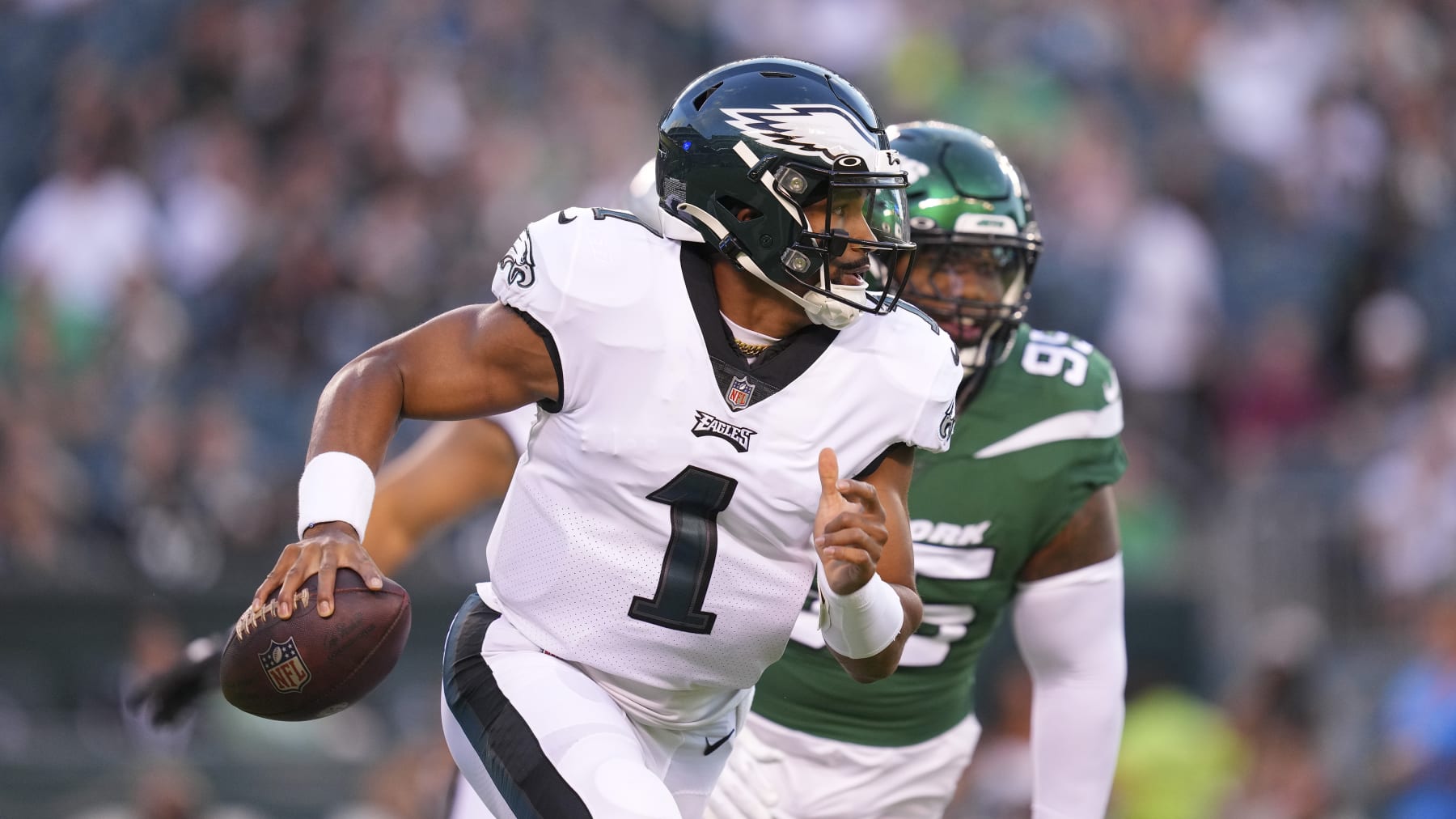
Before crafting a draft strategy, it's best to familiarize yourself with your league's rules and scoring system. Managers will prioritize certain player types accordingly.
In PPR leagues, for example, receivers, tight ends and dual-threat running backs will be valued slightly higher. In standard leagues, bell-cow ball carriers like Derrick Henry and Nick Chubb will be highly coveted, even though they don't carry a ton of PPR upside.
Does your league put a premium on quarterback rushing? If your league awards more than double the points for rushing yards than passing yards, dual-threat quarterbacks like Jalen Hurts and Kyler Murray should get a bump in draft stock.
Once you're familiar with your format, it's smart to conduct a mock draft or two (or more) before the real thing. This can help managers map out a personalized strategy and know where it's realistic to target specific players.
In our mock, for example, New York Giants running back Saquon Barkley goes in the second round. If you run multiple mocks and Barkley consistently goes in Round 2, pencil him in as a second-round target.
Set Player Tiers
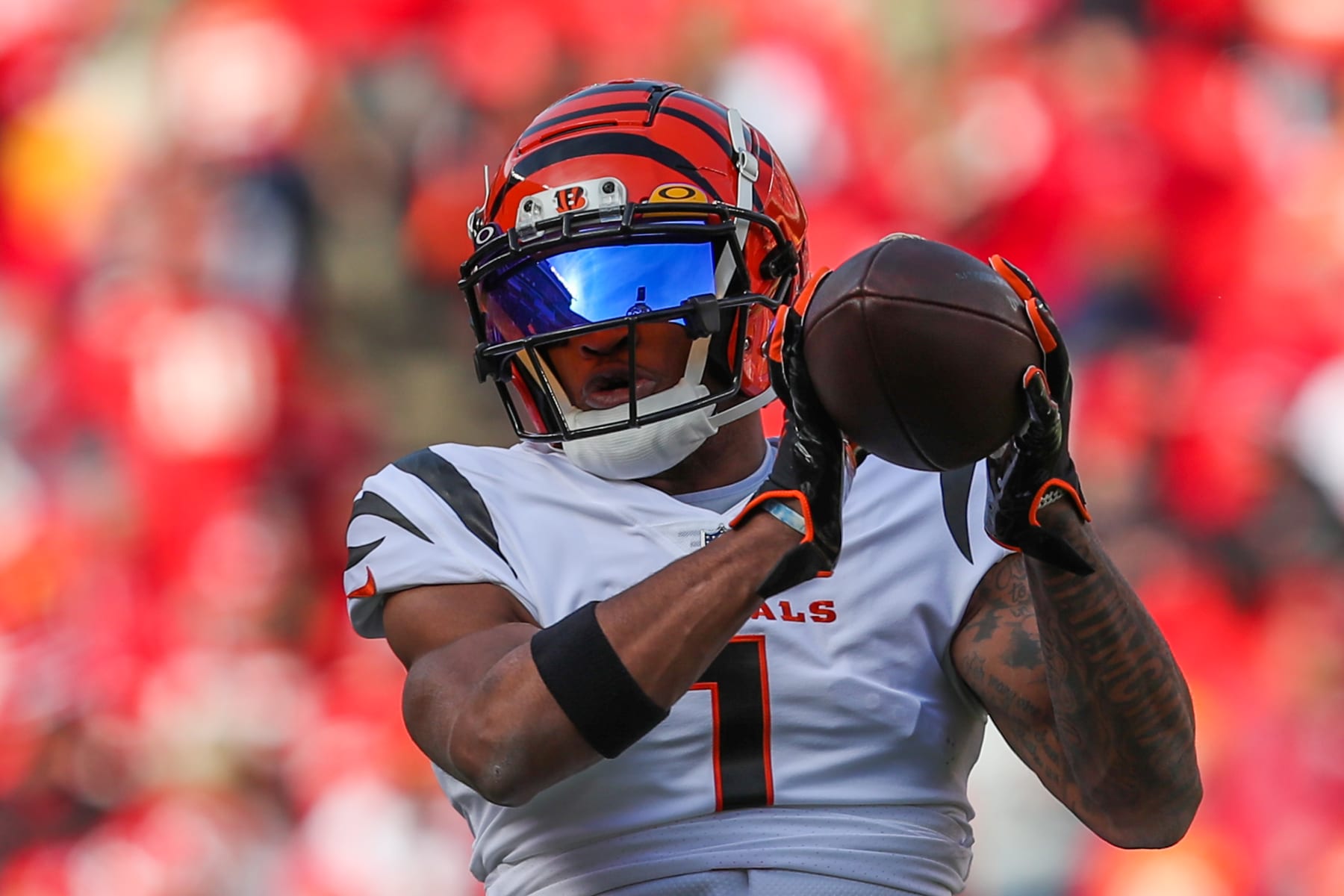
It's a good idea to set personalized player tiers before going into your season-long draft—and running a few mocks can help with this.
The basic concept here is to create groups of players who you're willing to take in each round or stage of the draft. Draft rankings are a good baseline, but it's important to follow a path that feels good for you.
If, for example, Jonathan Taylor, Christian McCaffrey, Austin Ekeler, Derrick Henry and Dalvin Cook are the only running backs who you really feel comfortable taking in Round 1, set them as your first tier. If none of them are available when you're on the clock, consider going with a different position.
This should be done for each of the first four or five rounds and for each key position—running back, receiver and tight end. Quarterbacks should be treated a little differently, with perhaps a tier for the first three rounds, one for the next three and so on.
Ideally, you'll end up with enough tiers to fill out each starting position—except for kickers and defenses—and a couple of top backups. From there, focus on injury and bye-week insurance and potential sleepers with upside.
Create a sleeper tier that includes players who believe are undervalued. For example, Houston Texans rookie running back Dameon Pierce only has an average draft position (ADP) of 113, according to FantasyPros. Yet Pierce is trending as Houston's top back going into Week 1.
"We've liked him every step along the way," Texans head coach Lovie Smith said of Pierce, per Mark Lane of Yahoo Sports.
Pierce is trending as a 10th-round selection. If you really want him, give him an eighth- or ninth-round value in your sleeper tier.
Be Prepared to Pivot

There's a human element to fantasy drafting, and things won't always go according to plan. Successful managers know when and how to pivot during drafts.
Overdrafting players rarely yields maximum value.
This is where player tiers can be incredibly helpful. If, for example, there's a fourth-round run on quarterbacks, don't follow suit simply because you don't have a signal-caller yet. If your list says that you're into the third tier of quarterbacks, check other positions. You might be able to sneak in a top-tier tight end or second-tier receiver in the fourth and come back for a quarterback later.
Remember that most managers aren't going to double up on quarterbacks (or tight ends) until the later rounds of the draft.
Are you into sixth-tier running backs by Round 5? Check to see if there's a higher-tiered receiver you can start in the flex or try trading later for another running back. Never draft a player you don't really want simply because you need to fill a positional slot.
The goal is to get the most value out of each round. By knowing your scoring system, knowing where to target specific players and by staying flexible, you should craft a quality roster with which to begin the season.
2022 Positional Fantasy Rankings
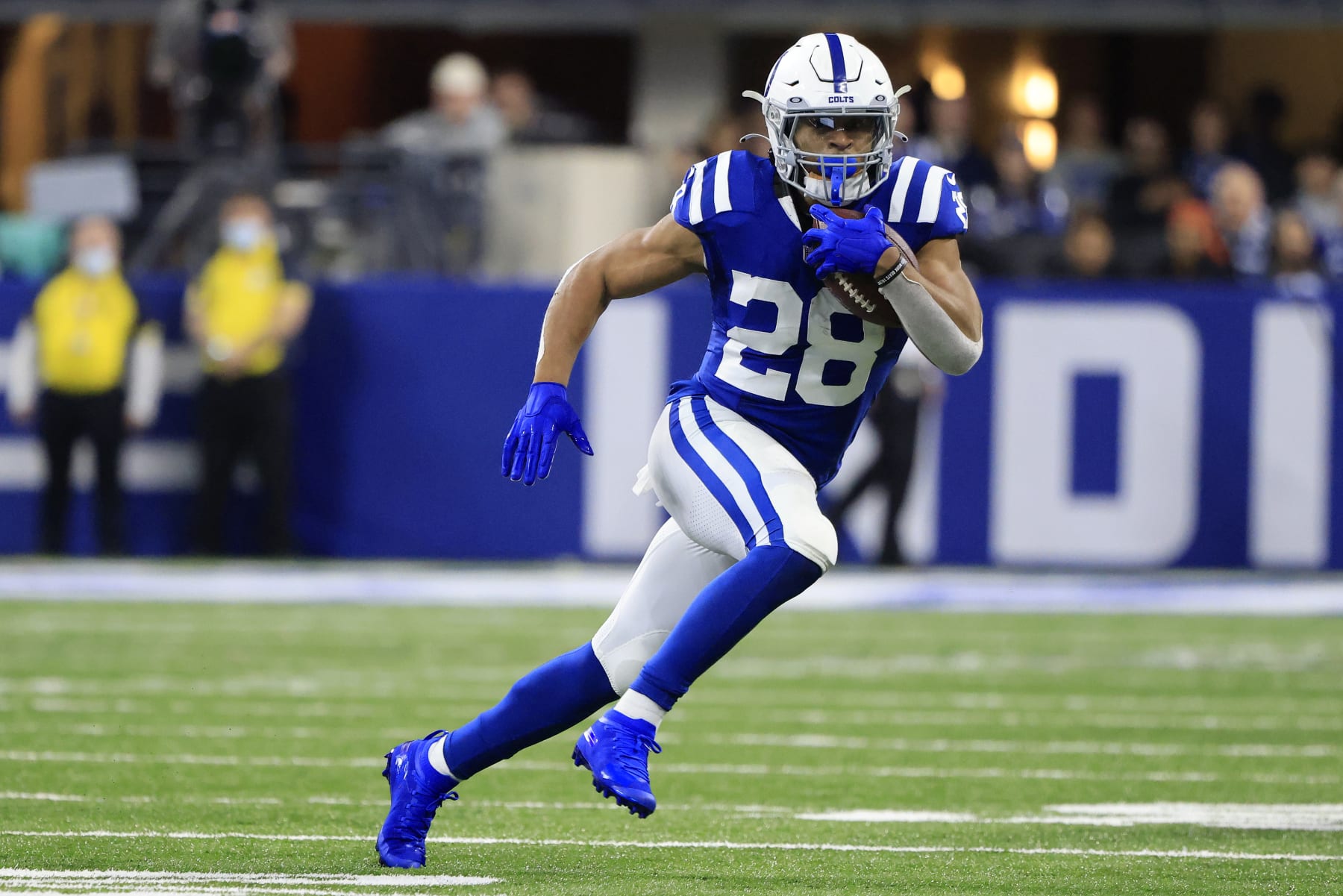
Quarterback
1. Josh Allen, Buffalo Bills
2. Justin Herbert, Los Angeles Chargers
3. Patrick Mahomes, Kansas City Chiefs
4. Lamar Jackson, Baltimore Ravens
5. Kyler Murray, Arizona Cardinals
6. Jalen Hurts, Philadelphia Eagles
7. Joe Burrow, Cincinnati Bengals
8. Aaron Rodgers, Green Bay Packers
9. Russell Wilson, Denver Broncos
10. Tom Brady, Tampa Bay Buccaneers
Running Back
1. Jonathan Taylor, Indianapolis Colts
2. Christian McCaffrey, Carolina Panthers
3. Austin Ekeler, Los Angeles Chargers
4. Dalvin Cook, Minnesota Vikings
5. Derrick Henry, Tennessee Titans
6. Joe Mixon, Cincinnati Bengals
7. Najee Harris, Pittsburgh Steelers
8. Saquon Barkley, New York Giants
9. D'Andre Swift, Detroit Lions
10. Aaron Jones, Green Bay Packers
Wide Receiver
1. Cooper Kupp, Los Angeles Rams
2. Justin Jefferson, Minnesota Vikings
3. Stefon Diggs, Buffalo Bills
4. Ja'Marr Chase, Cincinnati Bengals
5. Davante Adams, Las Vegas Raiders
6. Keenan Allen, Los Angeles Chargers
7. Deebo Samuel, San Francisco 49ers
8. CeeDee Lamb, Dallas Cowboys
9. Tyreek Hill, Miami Dolphins
10. Mike Evans, Tampa Bay Buccaneers
Tight End
1. Travis Kelce, Kansas City Chiefs
2. Mark Andrews, Baltimore Ravens
3. Kyle Pitts, Atlanta Falcons
4. Darren Waller, Las Vegas Raiders
5. George Kittle, San Francisco 49ers
6. Dalton Schultz, Dallas Cowboys
7. Dallas Goedert, Philadelphia Eagles
8. Zach Ertz, Arizona Cardinals
9. Cole Kmet, Chicago Bears
10. T.J. Hockenson, Detroit Lions
